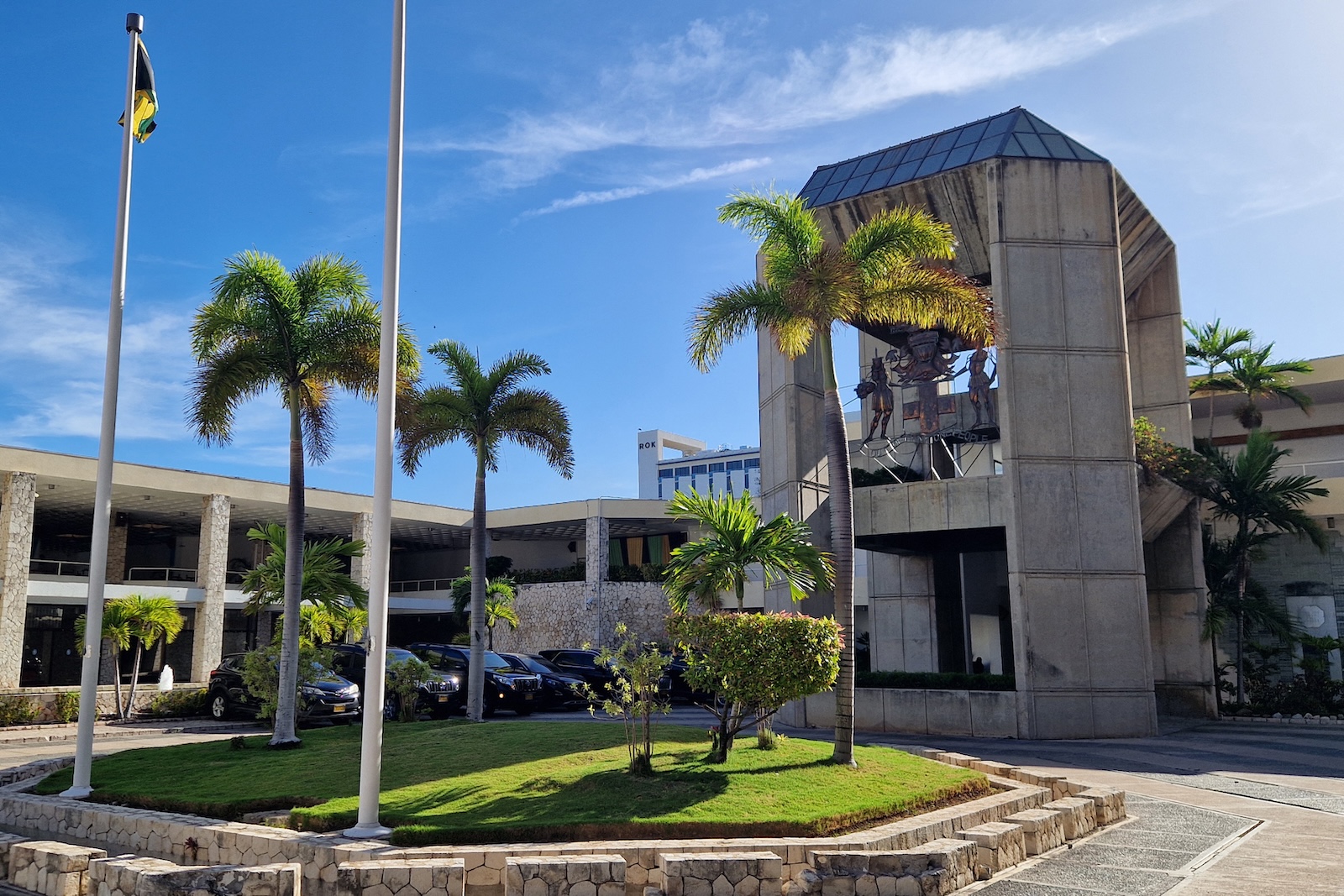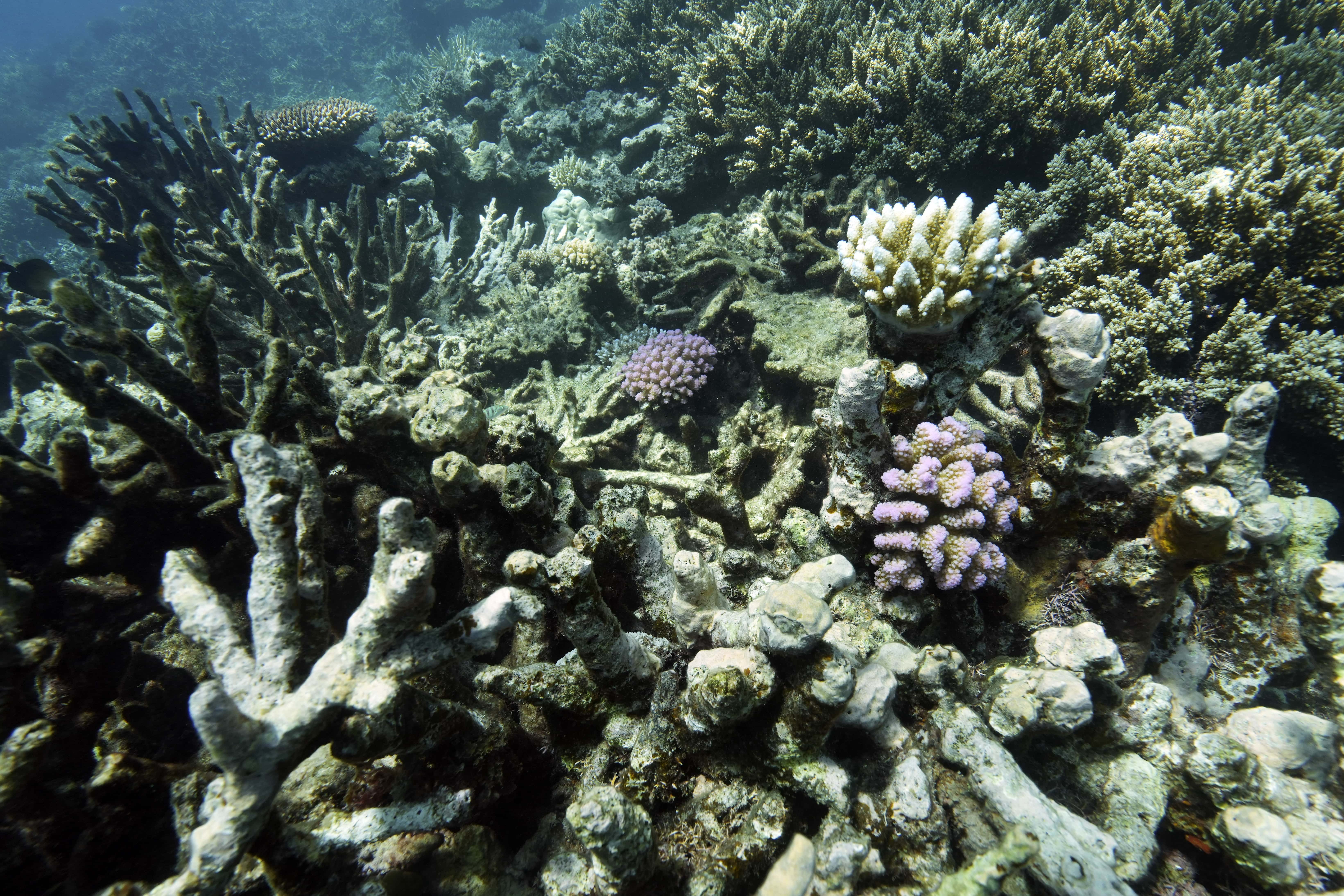For the last three decades, the United Nations’ agency called the International Seabed Authority, or ISA, has been working in relative obscurity on negotiating the regulations that will govern a field of enterprise that remains purely speculative: deep-sea mining, or the harvesting of metal rocks known as polymetallic nodules off the ocean floor. The beginning of commercial-scale seabed mining has, as the Australian international law scholar Douglas Guilfoyle puts it, “been 10 years away for 60 years.”
In April, the Trump administration announced its intention to open the permitting process to issue deep seabed mining licenses of its own — both in American waters and, troublingly for the ISA, the high seas. In May, the Bureau of Ocean Energy Management began the process to lease parts of the seafloor in American Samoa to a company called Impossible Metals for exploration. And most recently, in early August, the State Department announced that the U.S. is in talks with the Cook Islands, an ISA member state, “to support the research necessary to inform seabed exploration and responsible development within the Cook Islands’ Exclusive Economic Zone” — outside the ISA’s jurisdiction.
The American effort to kickstart mining in international waters — recognized virtually worldwide as the ISA’s jurisdiction — proceeds apace. A proposal by the National Oceanic and Atmospheric Administration to “streamline” the process for companies to apply for mining permits in international waters by allowing them to skip the “exploration” phase — standard in mining procedure worldwide, and an opportunity for environmental review — and proceed directly to “exploitation” reaches the end of its public comment period on September 5.
A multinational firm called The Metals Company, which had been pursuing the ISA’s approval to mine in the Pacific Ocean for over a decade, instead turned to the U.S. for a mining license, as a consequence of what the company perceives as the ISA’s slow-walking. So, in late July, as diplomats from around the world gathered in Kingston, Jamaica, for the annual ISA assembly, the question hanging over the proceedings was how the ISA would answer this threat to its authority.
Most of the delegates and the motley assortment of official observers, journalists, and researchers stayed in a cluster of hotels in New Kingston, the city’s business district. Each morning for the weeklong conference, they were ferried in shuttle buses by police escort to the ISA’s permanent headquarters at the Jamaica Conference Centre, in the heart of the Port of Kingston.
This year was the ISA’s 30th assembly, and attendance was unusually high. For only the second time in its history, the assembly had representation from enough countries to provide the quorum that would have allowed it to conduct a vote. No such vote was on the table, though. The high attendance was mostly due to the looming specter of what the diplomats kept referring to as “unilateral action” — a tactful euphemism for the U.S.’s maneuvers. The ISA was established by the landmark 1982 Law of the Sea convention, or UNCLOS, which declared the world’s oceans the “common heritage of mankind.” The treaty assigned waters outside of national boundaries to the ISA’s jurisdiction.The U.S. never ratified the Law of the Sea convention, and only attends the ISA in an observer capacity — a historical fact that has set the stage for the current fight.

Over the first two days of the assembly, it became clear from the speeches that there were two major disagreements between the assembled nations.
The first concerned the question of whether the U.S. threat requires the ISA to act with urgency to finalize its own regulations on deep-sea mining. Diplomats from countries including China, Singapore, Japan, and Russia voiced their support for this position. On the other side, the argument for caution drew support from the 38 countries that support a full moratorium on deep-sea mining until better scientific evidence on what its ecological consequences would be is available.
The other animating disagreement concerned the primary goals for the session held by many of the environmental NGOs and the pro-moratorium states: to open discussions about instituting a new “general policy” on protection of the marine environment, and to initiate a “periodic review” of the ISA’s activities. (Such reviews are already mandated to occur every five years by UNCLOS, but only one has ever been conducted).
The group led by China saw both of these goals as distractions from the ISA’s primary and urgent task — writing the regulations. Diplomats from this group argued that the general environmental policy would be redundant, since those protections would ideally be written into those regulations. The backers of a general policy countered that it would apply to every administrative organ of the ISA — the Secretariat, the Assembly, the Council, and a dormant entity called the Enterprise, which is intended to one day conduct its own deep-sea mining on behalf of the world’s nations — whereas the environmental provisions in the proposed regulations would only apply to mining contractors.
On Wednesday, the assembly celebrated its 30th anniversary with a performance by a sublimely talented local reggae fusion band of local high school students. The rhythm section played from the press gallery overlooking the rows of national delegates, while a group of singers and synchronized dancers took center stage below in front of the podium, where Leticia Carvalho, the ISA’s Secretary-General, was observed shimmying her shoulders to the infectious beat. (“I’m Brazilian,” she explained to partygoers at the evening reception.)
Taking a day off from official negotiations allowed the diplomats to attend private meetings held in the building’s smaller conference rooms over the various factions’ goals. It was clear by day’s end that the Chinese delegation and its allies would not budge, leaving the pro-moratorium states little chance of even a symbolic victory.
On Thursday, the undercurrent of “unilateral action” finally came to the surface, when it was time for the observer delegations to speak — and the first up was the United States. Greg O’Brien, a well-liked State Department employee who has represented the U.S. at ISA meetings under multiple presidential administrations, offered a concise but opaque statement. Instead of answering the criticisms from other countries directly, he said he had submitted a written statement for the ISA secretariat to post to its website. It outlined, he said, “the United States’ position on the legal character of the Law of the Sea convention’s seabed mining provisions.” The diplomats frantically checked their laptops and phones to read the statement, which was soon circulated in the journalists’ WhatsApp group chat.
That statement argues that UNCLOS is “customary international law,” and therefore applies even to countries (like the U.S.) that haven’t ratified it — with the exception of the provisions relating to seabed mining. Extraction of seabed minerals, the U.S. argues, is among the so-called “freedoms of the high seas” that customary international law recognizes all nations have the right to, in the same class as navigation or the installation of submarine cables.
It took some time for the diplomats to read the statement and prepare a response, but near the very close of the day’s proceedings, the Chinese delegate raised her placard to speak — and surprised the chamber with a fiery rebuttal.
She pointed out that the U.S. has long benefited from the provisions of UNCLOS it claims are customary international law — in particular, the treaty’s extension of the legally recognized continental shelf, which granted the U.S. exclusive access to areas rich in oil and gas.
“It warrants pointing out that the U.S. is not a party to the convention, but it insists on using a 200-mile limit as under UNCLOS,” she said, pausing after each Mandarin phrase to listen to the English translation in her headphones and correcting it when necessary. The claim that the U.S. is exempted from only the section of the treaty that grants the ISA exclusive jurisdiction over seabed mining in international waters “shows once again the U.S. naked practice of double standards of using whatever suits it and abandoning whatever doesn’t.”

Following the Chinese speech, the delegate from Brazil — a pro-moratorium state which had been on the opposite side of many of the week’s arguments with China — asked to speak. The assembly president advised him that there were just ten minutes left. He promised to be brief, and he was.
“I would like to take this opportunity to lend the support of my delegation to the statement just made by the distinguished representative of the People’s Republic of China,” he said. “Although I haven’t yet examined the text, I would like to congratulate her for the excellent analysis, which I’m certain shares the views of this assembly.”
Just before the president could gavel the session to a close, he recognized another last-minute request to speak from France’s delegate, Olivier Guyonvarch.
As Guyonvarch began to speak, laughter rippled through the room. In a rare moment of spontaneity and humor in the staid diplomatic proceeding, he began his speech in Mandarin. No one understood him. The relevant translators had clearly either left or were unprepared.
From the podium, a member of the Secretariat, confused, tried to clear things up. “There might have been a little problem in terms of interpretation, because there are quite a few member states who indicated they did not get interpretation of your intervention, so maybe if you could bring it back, probably in English…” she suggested.
In English, Guyonvarch clarified: “I’m sorry for using another official language than my own language. I just wanted to say that, like the Brazilian delegation, we would like to support the statement just made by China.”
To believers in the importance of upholding the ISA’s mandate, the unusually theatrical moment afforded cause for some optimism — a common enemy was coming into view.
Still, when the assembly adjourned late on the following evening, the diplomats more or less left all the important questions still in abeyance. To the disappointment of the anti-mining coalition, neither a general environmental policy nor the periodic review was initiated. And to the frustration of both those in favor of mining and those who see the regulations as the ISA’s best chance of protecting its authority — and the global regime of oceans governance it anchors — it was clear that the regulations won’t be written for a long time.
If there was a concrete achievement the ISA assembly managed in its deliberations this year, it was the decision (adopted by consensus) to designate November 1 as International Seabed Day.


